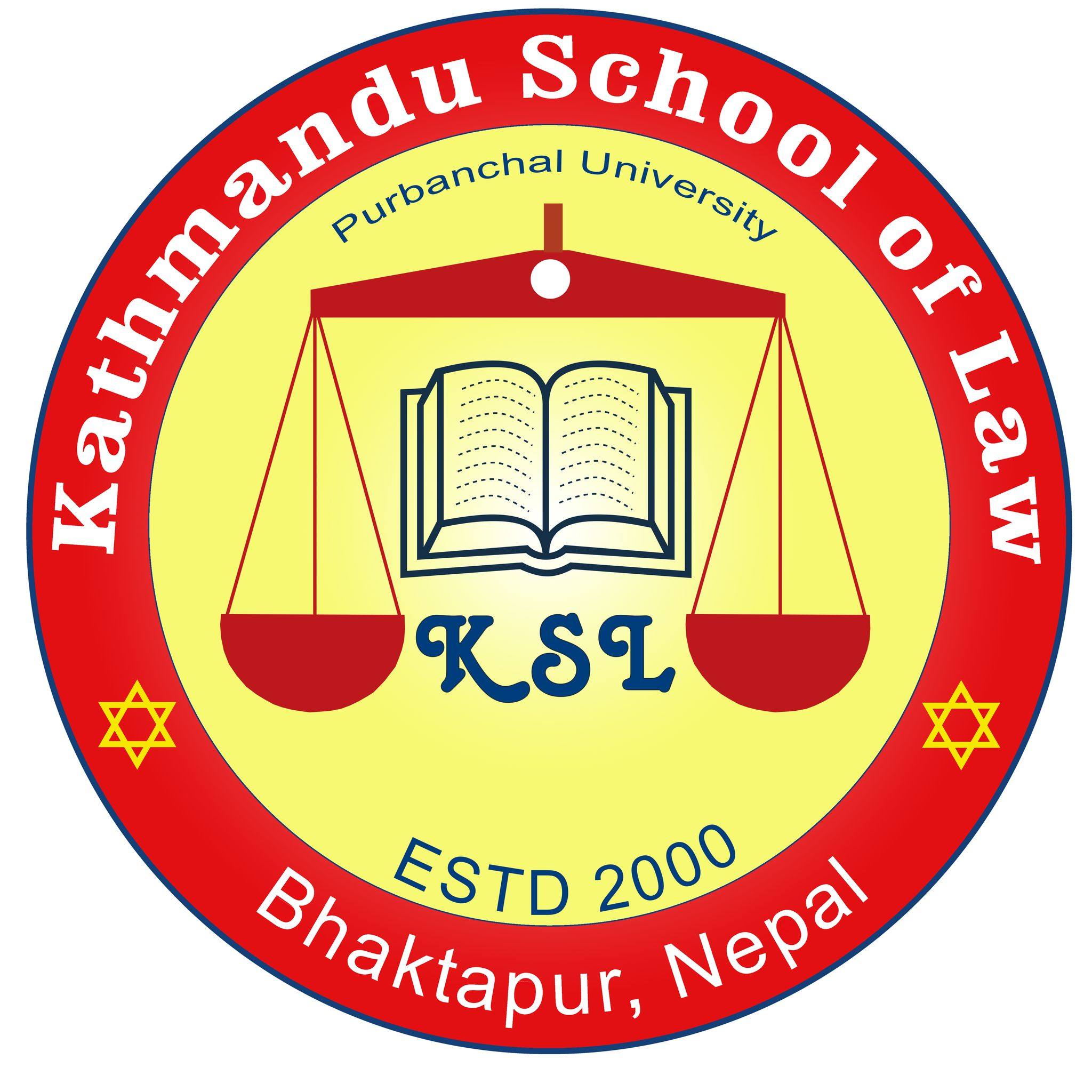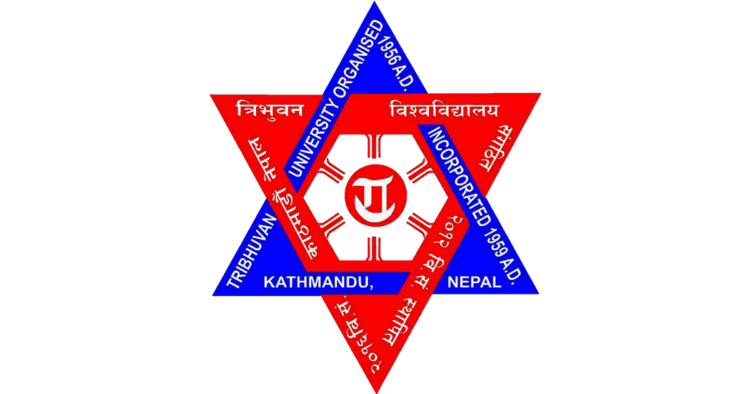Strengthening Access to Justice in Nepal: The Role of Clinical Legal Education and Pro Bono Lawyering for Social Justice
Date
28 May 2023
Time
10:30 – 12:00 (Bangkok Time)
Room
Inthanin Room
Presenter
Basant Adhikari, Access to Justice Project
Deepak Kumar Khatiwada, Purbanchal University School of Law
Karna Bahadur Thapa, Faculty of Law – Sudurpaschim University
Kiran Kumari Sah, Nepal Bar Association
Koshal Chandra Subedi, Ministry of law – Justice and Parliamentary Affairs
Upendra BK, Madhyapaschim University School of Law
Session Description
As an affirmative law education programme, UNDP Nepal started working with government agencies, academia and Nepal Bar since 2013. During the inception, programme focused more on bringing the concerned stakeholders on board to roll out scholarship programme and internship. It took few years to launch and worked/has been working well. The objectives were to advance access to justice of women and marginalized communities by enhancing their representation in legal professions and justice sectors. The different studies pose lack of due representation of women and marginalized communities has been one of the barriers in regard to access to justice.
With an objective of empower women and students from marginalized communities and connect them with justice sector actors, the progrmame designed and under the implementation. There are above 300 women and newly lawyers from marginalized communities benefited from this package and approx.. 80 students already completed clinical law education and served of above 60,000 people.
They are basically focused on; providing legal awareness, counselling and representation to some extent to poor and marginalized communities. To provide ground level interventions, they are mobilized/deputed to the law firms and other government stakeholders.
In addition, as a the part of overall access to justice, the pro bono lawyering system has been introduced. The necessary guideline has already been endorsed by the supreme institution of lawyers called Nepal Bar Association. However it is yet to be operationalized. It still requires further technical and operational support to create necessary environment to bring the lawyers on board to work for it and secondly make Bar enabled to implement this package. Under the pro bono, the certain percentage of time that lawyers are supposed to use for the free legal aid services and counselling for women and marginalized communities.
The stakeholders to implement this package, so far are Nepal Bar, the Law faculty under Tribhuwan University, Law Campuses and other government agencies. In addition, the Bar Council is being coordinated to work together with Nepal Bar to implement this package.
Download the Session Materials



